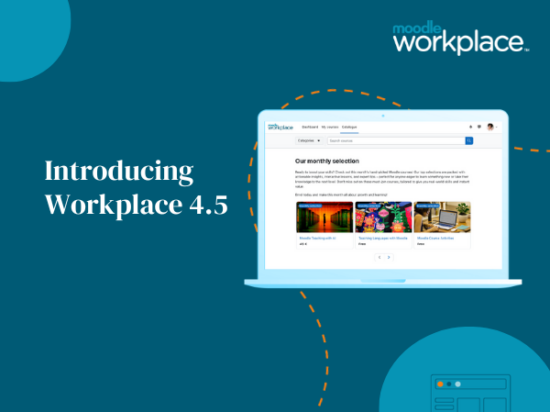Did you know approximately 40% of US companies have an LMS. In fact, global market research firm, MarketsandMarkets, has estimated the LMS industry to be worth US$7.83 billion by the end of 2018. Despite the fact that many people have experienced and used an LMS, many do not know what it actually is.
So, what is an LMS?
A Learning Management System is a software-based platform used to administer, track, report and deliver educational courses and training programs. Simply put, an LMS supports effective and more efficient learning. The concept emerged directly from eLearning, and while it was first successful in schools and universities, today, the majority of LMSs operate in commercial businesses.
Society’s increased need for personalised, online and on-demand content has revolutionised traditional learning strategies and created an increased need for LMSs. These systems have helped to support evolving learner needs and revolutionise the eLearning space. Thus, LMSs have become a powerful tool for organisations wanting to improve student and workforce performance.
Who uses an LMS?
LMSs combine several learning strategies across different formats, including formal, experiential and social learning. So, whether you are a business, school, university, in education or whatever it be, an LMS helps to engage all learning types, anywhere at anytime. LMSs are used globally, across most industries and for infinite reasons. Traditionally, there are two types of LMS users:
- Learners – these are the people on the receiving end of the educational programs and training. For example, students, employees, trainees.
- Administrators – these are the people responsible for managing the LMS. They create courses, learning plans, assign tasks etc. For example, teachers, employers, lecturers.
Why have an LMS?
LMSs centralise and organise all your eLearning material in one place and creates an online environment that empowers learning and collaboration. The software take full advantage of digitally-native leaners’ behaviour by meeting them online, with engaging, innovative and on-demand content. The greatest advantage of an LMS is that it allows learners to learn at their own pace without inhibiting others. If learners need to revise content several times, they can do so individually. Additionally, it gives greater opportunity and ease for revision in a blended learning environment. LMSs ensure the corporate world stay up-to-date on learning and development and compliance regulation training as well as keeping L&D costs down.
Which is the best LMS for you?
There are so many choices of LMS, it can be overwhelming. Turn to My Learning Space to find out which one best suits your organisation and needs. Whether you’re looking for reduced costs, flexible delivery, staff engagement or more, My Learning Space will work with you to design and deliver your own tailored Learning Management System.







